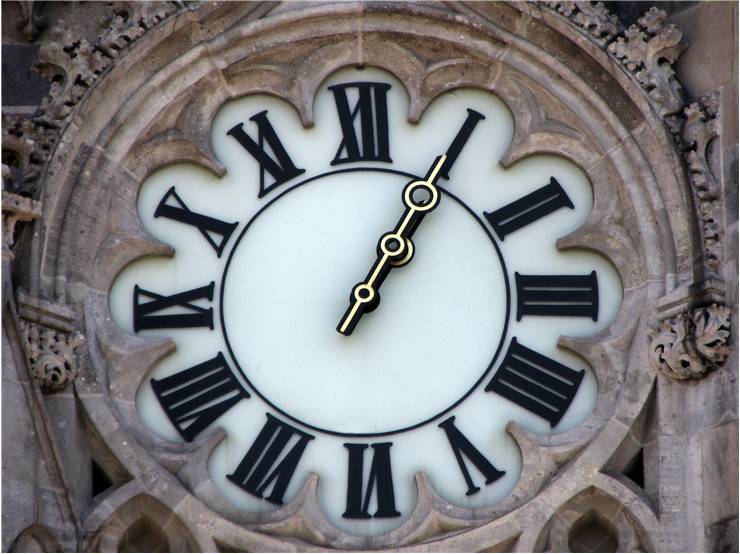Clock Inventor - Who invented Clock?
Clocks are devices followed us during the long history of modern human civilization, from the times when sun represented the only way we can reliably track time to the modern day when atom clocks and widespread expansion of digital processing enable us to always be connected with clocks that never show wrong time.
But how to determine who has invented first clock? Well, throughout our history there were several phases of clock designs, which origins are not always clear and their original designers are lost to the history.
Sundials are the first time measuring devices known to man. Created originally in Babylon over 6 thousand years ago, and developed into more functional state in Ancient Egypt, sundials became extremely useful analogue clock device that remained in continual use for many thousands of years after, even managing to survive until today. The true beginning of sundial popularity in Egypt started with the creation of first obelisks – tall and slim stone structure whose shadow enabled easy reading of time from the circular segmented horizontal disc that was placed on the ground around it. With such powerful tool, Egyptians discovered longest and shorted days (summer and winter solstice), they found exact point of “midday”, introduced 10 hour daylight system and much more. Sundials eventually went to Greece and Rome empires, where they were welcomed and improved dramatically, enabling the creation of much smaller and portable sundials. Because of their precision and reliability in sunny weather, sundials remained in use even while Europe was going through the innovative phase of developing mechanical clocks. When those mechanical clocks finally provided accurate measurements of time, only then did sundials became obsolete for governments and commerce industry (mid 1800s).

Fist mechanical watches used water as their power source. Even though Greek and roman engineers tried to perfect this type of clocks even in 1st millennia BC (Pluto famously created first water based alarm clock), it was Chinese polymath (person whose expertise spanned significant number of various subject areas) Su Sung who devised first mechanized water clock that worked on the principle of escapement. Even though this exact water clock never found popularity outside of china, its mechanical engineering proved to be basis for modern European and Islamic clocks that were created during following centuries.
European mechanical clocks that were not powered by water slowly started appearing in 13th and 14th century, but their weight and complexity made them usable only by scientists who created them. Moment that finally enabled mechanical analogue clocks to function correctly came with Jacob Zech of Prague in 1525 (he based his device on earlier designs that were not used in clocks), and were greatly expanded with the works of Galileo Galilei and Christiaan Huygens who introduced pendulum.
Historically speaking, fist modern clock was created by German inventor Peter Henlein who introduced to the world Spring-driven clock around 1511. This crude device which often lost several hours over one day of work proved to be instrumental starting point for other inventors, who quickly focused their minds on solving the problem of creating small, sturdy, easy to use and most importantly precise clock.
